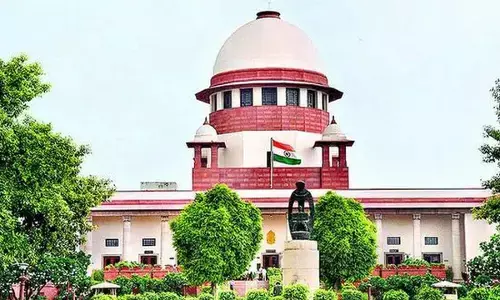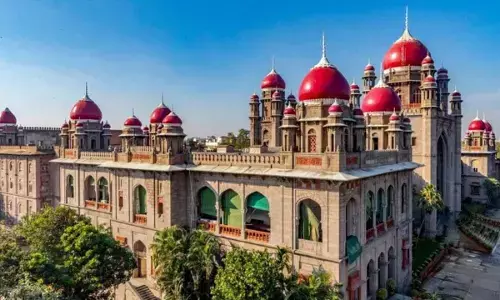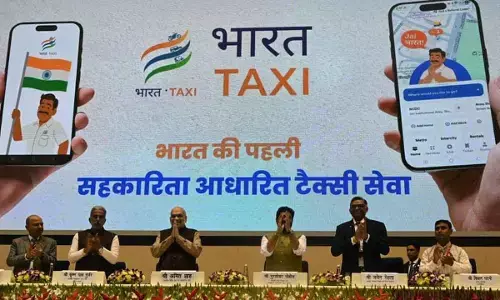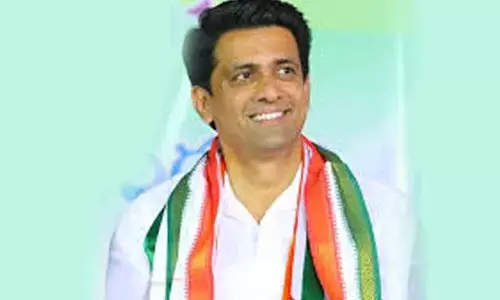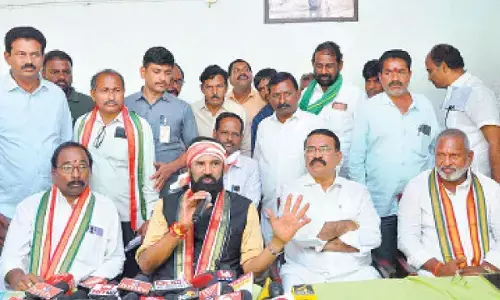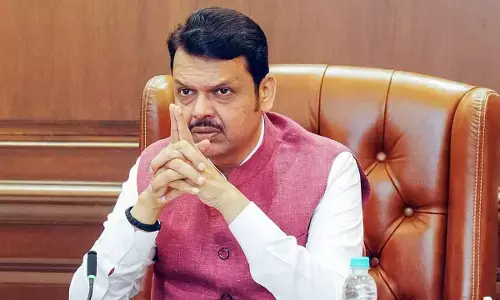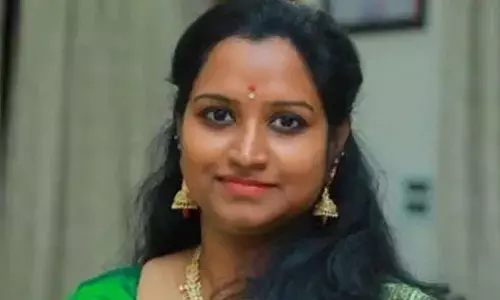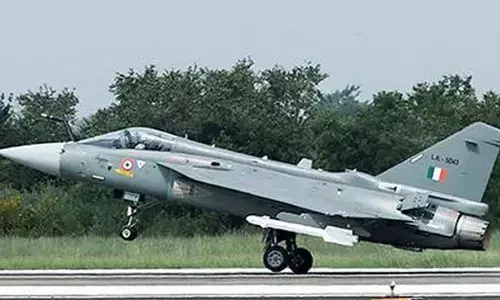Honouring the nursing warriors
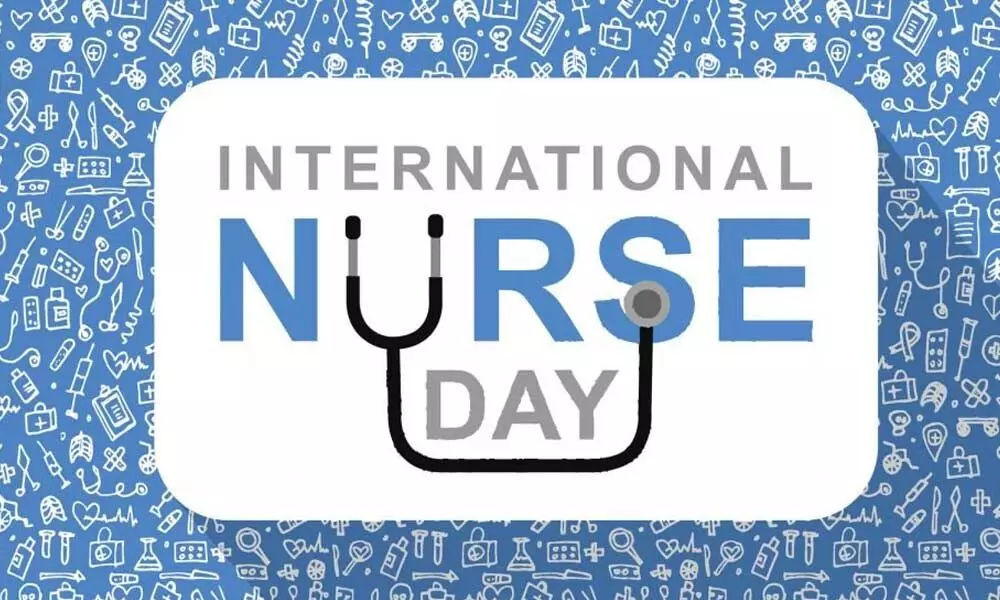
On the occasion of International Nurses Day, we spoke to NURSES on how they are coping with the war against Covid 19
This International Nurses Day today, International Council of Nurses has chosen the theme - "Nurses: A Voice to Lead – Nursing the World to Health", Nurses have rightfully been dubbed as one of the frontline soldiers in the battle against coronavirus.
Their invaluable services in the time of severe crisis make them the true messiah of healthcare. In any widespread outbreak, the healthcare workers are the most vulnerable to be infected. Despite this they serve the patients with unflinching courage and help the world to heal fast. According to recently released media reports, the number of registered nurses available for active service in India is around 3.07 million. This number is nearly not enough as per the WHO recommendations with regard to "Nurse-Patient Ratio".
More than 260 nurses have lost their lives to the pandemic, the ICN said. Almost 156 nurses tested COVID 19 positive in India and a huge number of nurses who came in contact with the infected people had to be quarantined. However, with determination and courage they continued to serve in critical and life threatening circumstances, such as with no proper protection gear and hostile patients.
The invaluable services of healthcare workers were recognised and they were felicitated by people across the world amid the COVID-19 pandemic, giving a standing ovation from windows and balconies.
K Priscilla, a nurse at Nephrology Department, Osmania General Hospital, says, in her 20 years of service she never faced this kind of challenge till date. One can recognise a COVID 19 patient with temperature and dyspnea but Priscilla says, "Mostly kidney patients will come with temperature and dyspnea and for us, it will be difficult to know positive and negative cases and we are also little scared to treat them. But we can't send back outpatients without treating them by taking precautions, she adds.
"If the patient is positive we sanitise the theatre and start the treatment by taking utmost care. We work under tremendous pressure but we have an isolation ward downstairs where we conduct dialysis (PD). But once the report comes negative then we shift them," shares Priscilla.
For her, more challenging is to attend and answer the patient's attenders. She says, "We have to wear gloves, mask and dress which we will change daily at the hospital and while coming home I give a call and first I take shower and wash clothes.
Another nurse C Rama Devi from ANSC Neuro Department from Osmania General Hospital, says, "It is a very tough time for us because we get mostly accidental cases and we will not be in a condition to decide whether he is a COVID 19 patient or not. When they say that it is a suspected case then my tension starts until we get the report."
When it comes to the family she says, "I have a four-and-a-half year old daughter, who cries daily when I go to the hospital and on the occasion of Mother's Day my elder daughter gave a card thanking me, Carona protector and my husband, is also very supportive."
She travels from Jeedimetla to Afzal Gunj for her night duty, on a two-wheeler and washes her vehicle daily once she will be back and she also takes shower as a precaution."After wearing PPE kit we don't eat or drink anything for 12 hours. And we are lucky it's a holiday for kids otherwise it would have been more difficult," says Rama. She is scared at the same time that if something will happen to her how society will react and what will happen to her family.
Earlier it was normal for R Padmavathi of ICCU Department, Gandhi Hospital because she was in the OT. She says, "At least for society, we should take precautions. After wearing those PPE kits we are getting exhausted but I am proud to be a nurse and at least in this way I am able to serve the nation."
"My neighbours avoided me in the beginning but now they understood that it's our duty and at the same time we are taking precautions for ourselves and our family. I am working at home being a woman but I am staying in a separate room.. My family is very cooperative."
Another nurse Savina HJ, 7th-floor DVL Ward, Gandhi General Hospital says, "I am not able to hug or kiss my child. My presence is there but we cannot touch them."
Savina says, "The challenging task is to handle a patient who denied and they will be frustrated and not easily approachable. You have to talk to them in such a way that we should convince them. We should wear PPE kits and the weather is also so hot we start sweating."
This is not the situation only in Hyderabad but even in Delhi. Senior Nursing Officer, Preeti Sushil from Paediatrics Department, Vardhman Mahavir Medical College and Safdarjung Hospital, New Delhi says, "Right now it's very hectic for us. All the time we have to wear PPE kit and we cannot take orally anything. But still, I am happy that I can serve the nation."
"My neighbours are still scared that I am carrying diseases with me because I am working with the hospital. I also never go to people. I do take precautions and our hospital provided the transport. My family is very supportive and I explained to them what all you have to do to be healthy," says Preeti.








